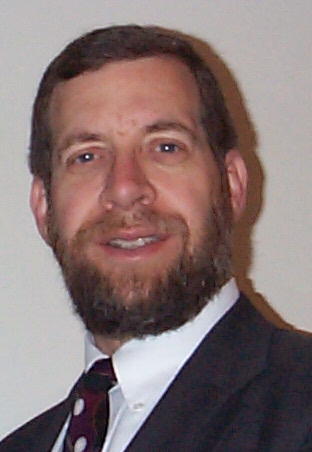Lessons From a Chess Grandmaster, Part 1

The 10th session of the U.S. Chess School, founded by international master Greg Shahade, begin in an interesting manner. Grandmaster Gregory Kaidanov is the primary instructor, with Shahade and WFM Elizabeth Vicary assisting, and Vicary took the floor first. Eight players, all girls (ages 12-19), were encouraged to relate three "facts" about themselves, two true and one false. The other girls were to try to guess in each case which statements were true and which were not.
Some interesting "facts" came out - "I'm a second-degree black belt," "I was bit on the foot by another person," "I'm half-Russian." But it wasn't always easy to identify truth from fiction - the kids told good stories.
Even Gregory Kaidanov got in the act. His three statements:
1) "I was once thrown in jail for a day for protesting the Communist government in Russia."
2) "I once played a chess game in which I sacrificed, in order, a pawn, a minor piece, a rook and a queen."
3) "I once flew to England just to attend a rock concert, then flew back home."
Which of these do you think are true, and which is a fabrication?

Next, Kaidanov got up to speak, and kept the players at rapt attention. He utilized a variety of both true and fictitious stories to get across his message and was quite effective. You need to listen carefully or you might miss his story about floating aliens learning to walk.
He stressed that a player can play chess without any serious study, but will eventually reach a ceiling, at which time his improvement stops. To move forward, hard effort is required. Even memorization of reams of opening material or endgame positions will not likely yield a significant rating increase, he said.
Instead, he stressed, what is required is to identify your weaknesses, and go to work on those specific areas. That is why some players might spend a large amount of time working on chess, but have little to show for it. "They're not working on what they're supposed to be working on," Kaidanov explained.
So analyzing one's own games, and focusing on your own weaknesses, is the path to improvement. And he commented that it is important to write down your thoughts about the game afterwards. He also stressed the importance of "talking to yourself" during a game, for example, "She just moved there to avoid the threat I had created," etc.
Sometimes, psychological factors may play as big a part as perpetual time trouble or calculation errors. Kaidanov presented a case of a young player who was advancing rapidly, but started playing poorly when his rating reached 2180. His problem? He was so fixated on breaking the 2200 level, as several of his friends had done, that he lost the concentration and focus that had brought him to the brink of being a master. Kaidanov told him that he will not be much different as a 2200 player than he is as a 2180 player, but to the young man, it was a massive, almost insurmountable, difference.

Kaidanov noted that his presentations during this chess camp are meant to be discussions, not lectures. He encouraged as much participation as possible, and commented that what students will learn from the camp is commensurate with how involved they are in these discussions.
Oh, and those "facts" from Kaidanov? Some in the audience guessed he had not actually ever sacrificed pawn, minor piece, rook and queen, in that order. Others guessed that he would not have actually flown to England just for a concert. But all agreed that it sounded "too normal" that he might have spent a day in a Russian prison for protesting the communist government. In fact, that was his false statement!
Labels: U.S. Chess School


 Photarium blog directory
Photarium blog directory
0 Comments:
Post a Comment
<< Home